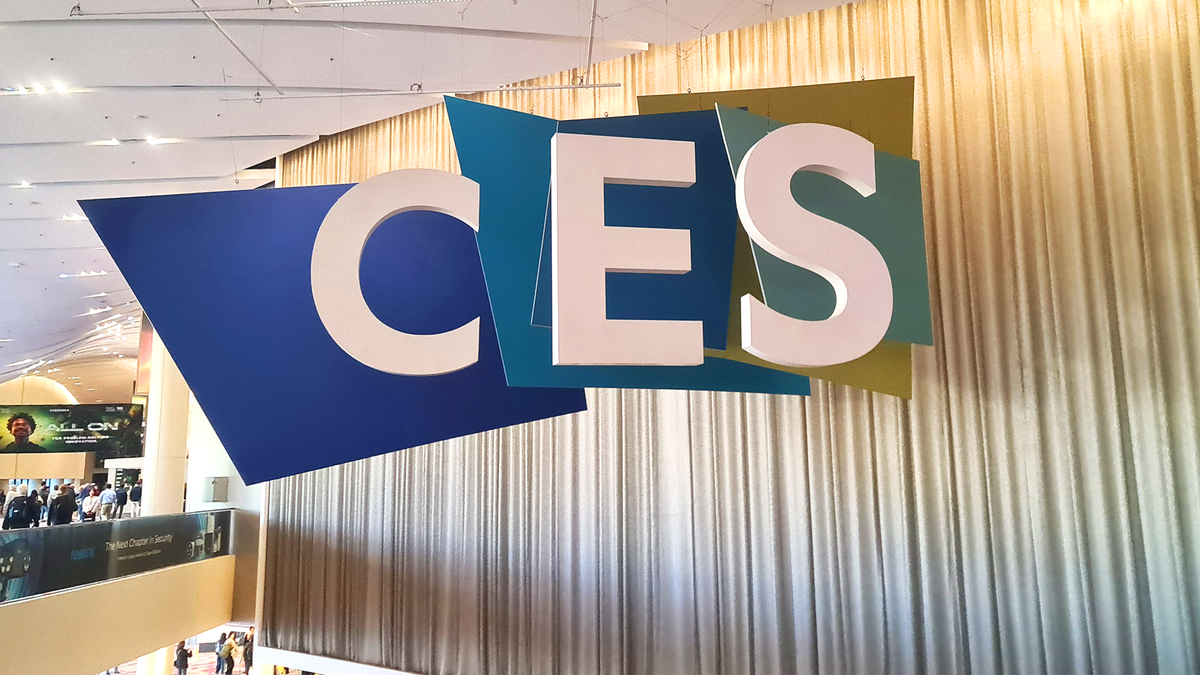Bussiness
How to Manage DEI Like a Business | Twin Cities Business

At a time when some companies are pulling back from diversity, equity, and inclusion programs or eliminating a DEI executive role, Twin Cities Business invited leaders from three companies that are committed to the work for our annual TCB Talks: DEI panel discussion. TCB editor-in-chief Allison Kaplan moderated the conversation featuring Kathie Eiland-Madison, Delta Dental of Minnesota’s chief engagement and inclusion officer; Dr. Sally Saba, Medtronic’s first global chief inclusion and diversity officer—a new role created in March of 2020—and president of the Medtronic Foundation; and Garfield Bowen, vice president of social and environmental justice for 3M—a role created following the murder of George Floyd as the company sought to make a larger external impact.
In a conversation that ranged from corporate mission statements to incentives tied to DEI work to engaging a younger generation that thinks more holistically about equity and culture, the three experts agreed that to be effective, DEI work needs to be as central to a company’s mission as turning a profit.
“The work is never going to be done,” Eiland-Madison said. “I’ve seen this play out over and over: some catastrophic thing happens and everybody’s all in. This is the first time I’ve worked for an organization where I don’t have to have that additional narrative of why we’re doing this work. I can go to the table and do my update, just like sales. The CFO doesn’t say ‘we met our goals, we’re done.’ This work needs to be looked at the same.”
Added Saba, “You’ve got to manage this work like a business.”
More tips and takeaways from the experts:
Create a strategy to drive equity
“At 3M, we created a three-part strategy to drive equity in our workplaces, drive equity in our communities, and drive equity through our business practices,” Bowen said. “I worked with HR and all the global businesses and philanthropic, sustainability practices. We were all at the table thinking about a new way of working and understanding and thinking. It wasn’t a part-time job It needed focus from the top of the company to drive the kind of changes that we want to see more systemically throughout the organization.”
Knowing your strategy and goals helps to avoid getting distracted by news events, Bowen added. “So many times, big events happen and our focus gets shifted. Our CEO wanted to make sure we were serious about this work in a way that sustains and persists.”
Delta Dental of Minnesota created DEI Strategic plan that focuses on four pillars, Eiland-Madison said. They are:
- Social change awareness
- Attract and retain a diverse workforce
- Supplier diversity program
- Social Community impact
Medtronic has started producing an annual DEI report that is available to employees and the public to hold itself accountable and “remove barriers to equity in our workplace, our industry, and our communities.”
Engage the entire team
Delta Dental carries its DEI tenants through to the entire team, making time for learning and improvement “from call center to executive suite,” Eiland-Madison said. “We all have incentives to encourage team members to learn more and be part of this work. Delta Dental also conducts “engagement interviews” with all team members. These are check-ins to continually gauge how the company is doing as a place of inclusion and acceptance. Just asking employees how it’s going goes a long way to prevent “quiet quitting” or having people silently stewing about micro-aggressions at work, Eiland-Madison said. “We are thinking as much about retention as we do recruitment.”
Activate your mission statement
At Medtronic, the mission statement to “Alleviate pain, restore health, and extend life” is much more than a line on the website or in a handbook; it’s an ethos that guides all aspect of business, and Saba said it’s top of mind for most employees she’s encountered throughout the company. It’s what drew Saba to the job.
“Medtronic is a company that believes you can no longer exist just to make money and fulfill the parts of your work that are about making products and appeasing your customers. We believe that you have to also do good. So when we lean into something and say this thing matters to us because of our mission, because of who we are.”
When change comes from that vantage point, it tends to have staying power, Saba said.
“Many companies reacted to George Floyd, and maybe that wasn’t their innate value structure as an organization. So it became easier, when the focus can be shifted, to say now we need to do something different. Companies that are stepping away [from DEI], it’s not part of who they are by design in terms of value structure.”
Added insight: Saba, who came to Medtronic from Kaiser Permanente and has worked for numerous other large enterprises including global telecom company Vodafone, said every person she’s encountered at Medtronic can share the company’s mission statement. “The person who joins Medtronic really believes in what it does in a way that I haven’t seen before. Mission drives them.”
Address the wealth gap
In 2020, 3M stepped up its commitment to DEI work with a $50 million investment to address racial equity in the community. “We are a science-based company,” Bowen said. “We are really focused on making sure these investments we are deploying are doing the work of systems change.”
So 3M assembled a community coalition, inviting representatives of populations the company wants to reach to share their needs. In a meeting about STEM education, one coalition members shared that if kids are hungry, they can’t learn. “That was like a jolt to us….it prompted us to look at base of the pyramid needs.”
As a result of some newer partnerships and community contributions, Bowen said 3M sees $3 of social return for every dollar invested. “That means increased wages. Folks avoiding the justice system,” Bowen said. “We’re seeing more stable housing solutions because of how we invest and who we invest with and then we’re following the investment to see lives transformed.”
Saba called out a program she’s particularly proud of at Medtronic, called Multiple Pathways Initiative where job applicants can get hired without a four-year degree, and the company will pay for it. More than 50% of Medtronic’s IT jobs have been re-credentialed to no longer require a four-year degree. “That’s unprecedented.” Same goes for 25% of the company’s supply chain jobs. “We’re doing things that are very systemic in order for this to become part of our DNA and designed for the outcome of diversity.
“If Covid taught us anything as a global community, it should have taught us that we must address the wealth gap,” Saba said. “You have to think about the lives of communities, access to education. If we don’t, we’ll be be negatively impacted, as a community, and in terms of technology. We need to make the investments.”
Fund the work
Saba said when she joined Medtronic, she made an agreement with the chief human resources officer, to whom she reports, that the DEI budget be separate and distinct from the HR budget. “I believe it’s not so much about who the DEI officer reports to; but about the ability to have the resources you need to make the impact.”
For more advice, visit TCB Forward, and sign up for the monthly Forward newsletter about working toward equity and inclusion in our business community.









